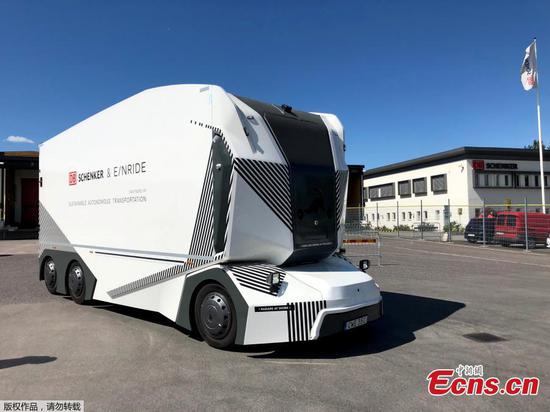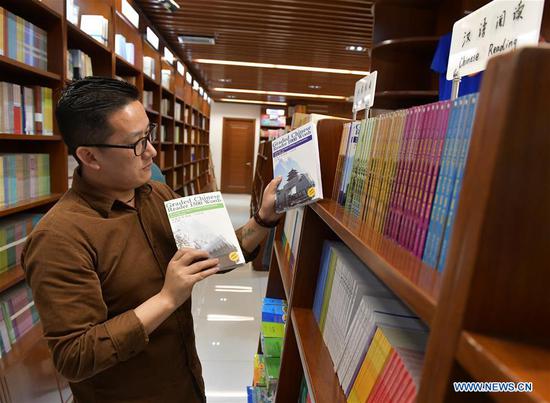Once widely hailed as an innovative alternative to city commuting, China's bike-sharing industry is now facing intensified scrutiny from regulators over problems ranging from mismanagement of bikes to misuse of users' cash deposits.
On Thursday, the Ministry of Transport (MOT) announced that it has released a guideline to regulate how transport rental companies, including bike sharing and car sharing firms, handle users' deposits.
The guideline, which was released by the MOT and five other government agencies, barred companies from requiring cash deposits from consumers unless absolutely necessary. Even if a deposit is necessary, companies are barred from using those funds for other purposes.
Specifically, companies are required to sign an agreement with banks to ensure that those funds cannot be transferred other than to refund consumers, according to the new guideline.
The guideline followed persistent complaints from some consumers online about the difficulty of getting their deposits refunded. Media reports have also suggested that some companies had used users' deposits for other investment and business endeavors.
Apart from the complaints about the deposits, the bike sharing industry has faced rising criticism of mismanagement of their bikes, as images of mountains of broken bikes crowing city streets have proliferated.
Beijing authorities have announced a plan to remove defective and illegally parked bikes from the city's streets starting Monday, according to a report on financial news outlet ce.cn on Wednesday.
As of the end of April, there were 1.91 million bikes registered by nine companies in Beijing, with less than 50 percent of them in use, the report said, citing official data. Companies could also be fined if wrongdoings or noncompliance with city regulations are found, the report said.
The woes of bike sharing companies have also begun to cripple bike manufacturers, which are facing serious business declines since last year. In 2018, there were about 5 million bikes produced for sharing purposes, only a quarter of the number in 2017, according to a report from the Economic Daily newspaper.
The report said that reining in the rapid expansion of the bike-sharing industry is the only way to restore order in the sector.


















































